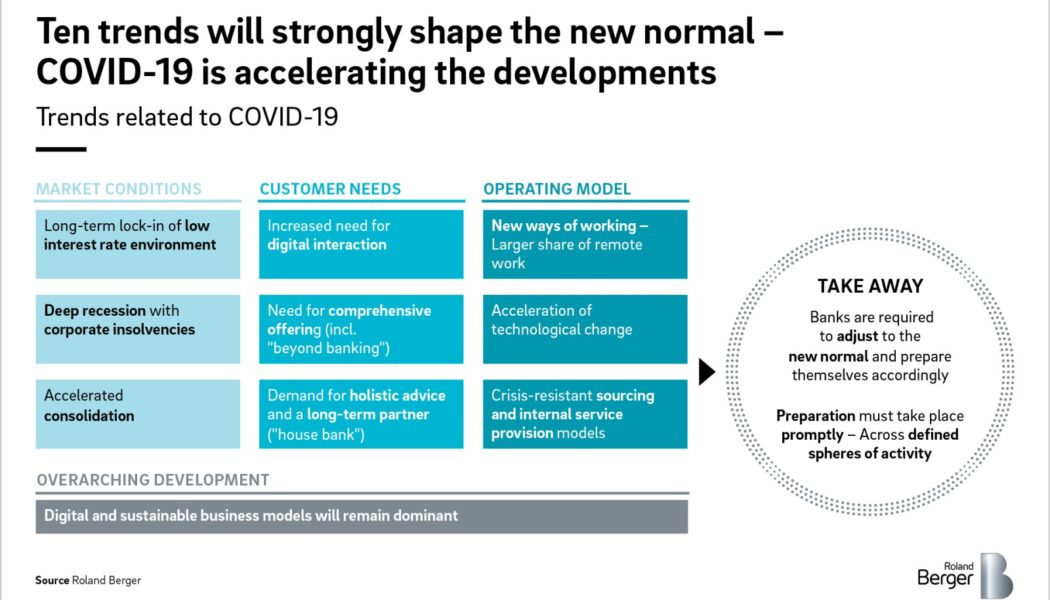What is Digital Transformation
Making Sure Technology Doesn’t Stand in the Way of Your Digital Transformation
Sourced from TTEC.com Most companies today understand the need for digital transformation, but it can be all too easy to mistake digital transformation for simply adopting and implementing technology. Additionally, legacy back-end systems (and the cost to replace them) can hold companies back from making future-focused decisions, or changes that will improve the customer experience. Real digital transformation is about shifting mindsets across the organisation, rather than just forcing technology on people. By taking the latter approach, organisations risk missing out on the biggest benefit of digital transformation – improved customer experience. A study by Kony Inc, covering digital transformation across a number of verticals, found that despite nearly $5-trillion in overall investment, ...
Cybersecurity Should Be a Top Priority for Africa’s Digital Transformation
Sourced from Travellers Cloud adoption in South Africa and many other African countries is accelerating, helped along by the COVID-19 workplace disruption, and the need to reduce costs, manage risk and scale, and become more competitive. There are many drivers behind digital transformation strategies and many decisions that need to be made, such as which public cloud to consume. However, this should be less urgent than addressing security concerns. As we continue to work with organisations in different industries spread across our diverse continent, cybersecurity and cyber risk are increasingly important considerations for the C-suite. Against the backdrop of high-profile security breaches and ransomware, addressing security weaknesses are a key part of the success of digital transformatio...
3 Crucial Reasons Why Financial Services Need to Accelerate Digital
Image sourced from Planful. “Go digital or go dark” – Companies that fail to heed this advice, irrespective of sector, run a great risk in the age of technological revolution. Consumers prioritise convenience and will often not see the need to step out of their houses to use a service that could be achieved with a few taps on their phones. Add to that a pandemic that has led to even further restrictions and the need to embrace digital ways of doing business becomes clearer. Historically, digital transformation has been a process that happens over the course of several years. COVID-19 has dramatically accelerated that timeline. Companies were forced to adapt in order to survive, with financial services having to evolve quicker than most. That’s because every business relies on payments and ...







